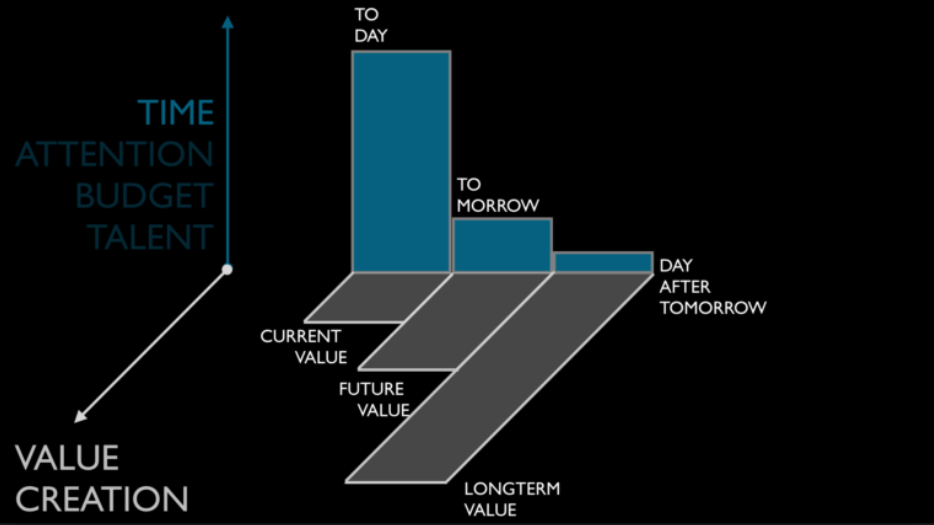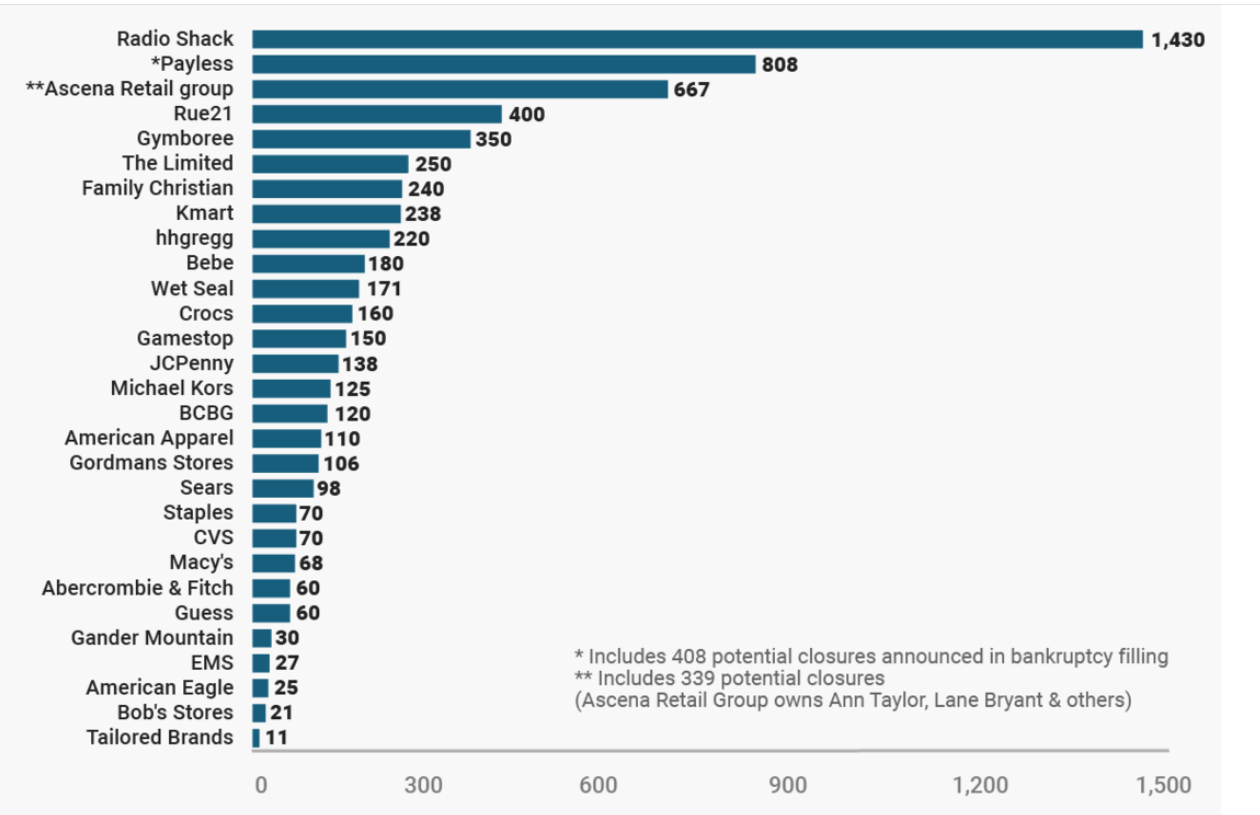Nearly all of dentistry (dentists, advisers, pundits, and vendors) spend their attention and intention on today’s issues and problems. Some anticipate tomorrow’s challenges, but tomorrow’s problems are essentially an extension of today’s. I learned long ago that the present and the near-future is not where the real value lives. The real value lives in the long-term future.

This is what has worked for tremendously successful businesses and individuals. Amazon, Google, and Facebook are easy examples, but it’s also the secret of Henry Schein’s success.
As many businesses have learned the hard way over the last 15 years, establishing yourself and experiencing short-term success is no guarantee of sustaining long-term success. Increased competition, financial mismanagement, professional missteps, and economic downturns can all contribute to the downfall of a successful business.
The challenge for many dental entities — solo or group — is that they are so busy in the day-to-day operations of the business, they lack the time and energy to maintain an eye on the future, which is essential for long-term success.
Evolution is Essential
One thing is very clear: if your dental enterprise doesn’t evolve, it will suffer the same fate as Blockbuster and Blackberry, both of which went from industry-leading companies to their deathbeds within just a few years. Why did they fall so far so quickly? These companies didn’t look to the future and see the trends that were so evident to their competitors — such as Netflix and Apple. They became complacent with their success, assuming their current status would ensure their future status. Additionally, they lost the agility to adapt and evolve that is more common in younger and smaller companies. These companies, having become dominant in their industries, lost their competitive edge and their desire and belief in the need to innovate.
Our recommendation is to constantly explore your company’s capabilities. Which of those capacities will serve you well in the years ahead — and which won’t? A careful analysis can help you to identify which of them to retain, which to jettison, and what new capabilities might strengthen your company’s position in the marketplace.
Look for trends that will shape the services, programs, and products you offer to your patients, associates and staff. You can identify key trends by listening carefully to the evolving needs and goals of these stakeholders. When they express a new need or goal, you need to develop new offerings proactively that will fulfill them.
It is likely that, in the process of creating a successful business, your company established itself as a leader in a market that generates a considerable amount of your customer base and revenues. At the same time, it can be risky to focus too much on one market. What happens if that market collapses for some reason? Just as in financial investing, as you build your business you will want to diversify your markets, so that if one market slows down, you can pick up the slack with customers from another.
Tech Leads the Way
Finally, the increasingly influential role of the Internet, AI, cloud computing, big data, and social media demands that you keep up with and look ahead for the use of technology in all aspects of your business. How will technology evolve over the next decade and how can you leverage new trends to maximize your company’s benefits to its stakeholders? With each new technological development, you should ask yourself how your company might be able to use it to optimize your offerings and your customers’ experience.
One of your greatest challenges in building a business that will be successful in the coming year, the next decade, and beyond is that there are so many things do every day and limited time in which to do them. Yet, to be sustainable well into the future, your company must constantly grow and evolve. Despite the time and energy required for the day-to-day operations of your business, you must have the commitment, discipline, creativity, and entrepreneurial spirit to continue to look to the future, recognize trends, and continually innovate all aspects of your business.
Editorial Comment
The reason I believe DSOs will soon dominate the industry is that solo practices are too busy in their day-to-day operations, trying to solve the myriad of problems solo practices encounter. They are hiring advisers who are also focused on the day-to-day, as that is where they feel the most “pain.” Solo practices cannot, and do not, spend focused time looking at the long-term future — whereas DSOs have the capacity to spend time and resources on the long-term future and the resources to make it happen. Because the real value lives in the long-term future, the value proposition of solo practices will continue to fade.
I am sure most retailers thought that Amazon was just a fad. Their stores had established and loyal customers. They didn’t see the long-term future that customers wanted – convenience, choice and control.
Below is a list of retail store closures for 2017.

— Marc



